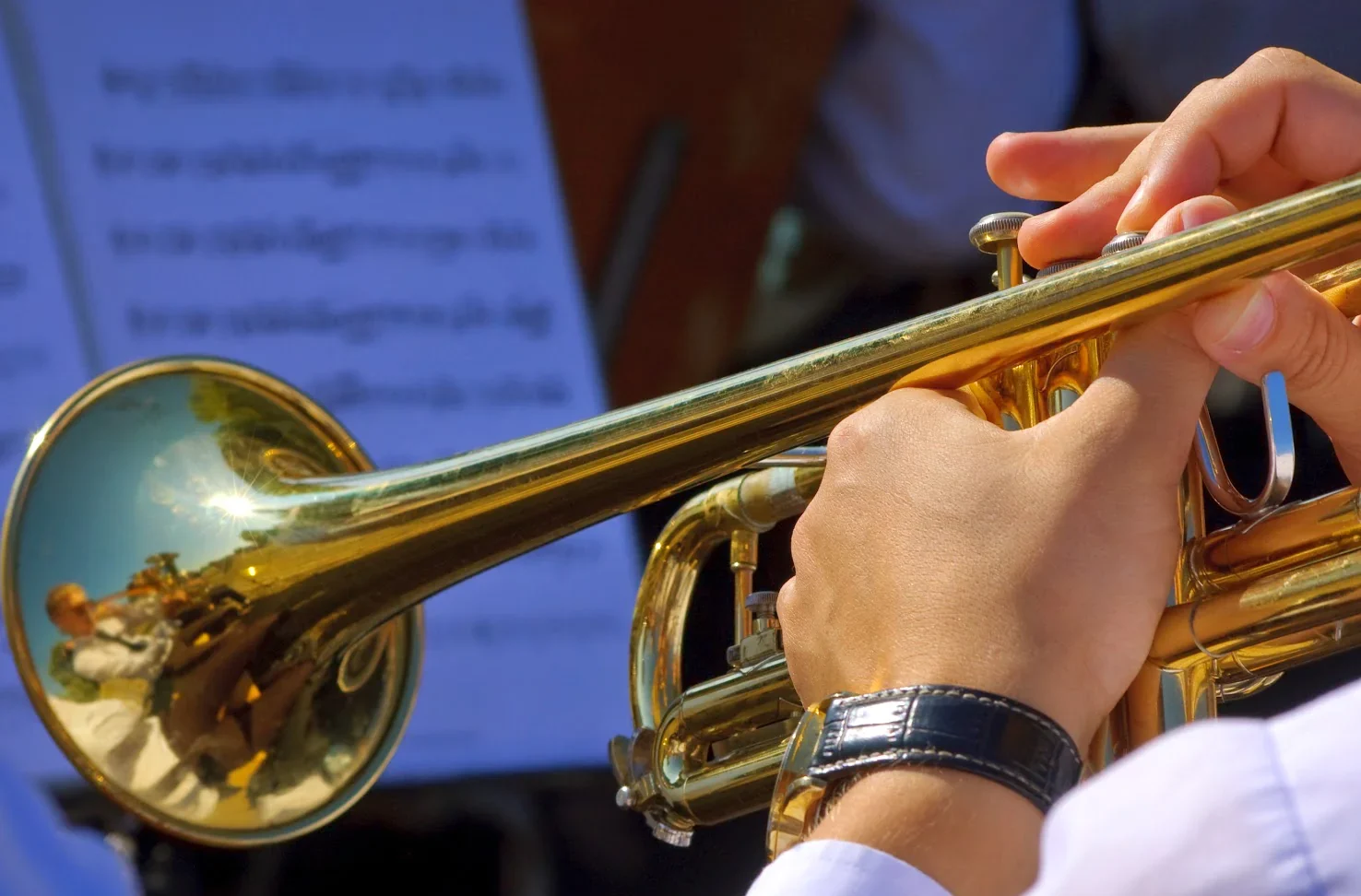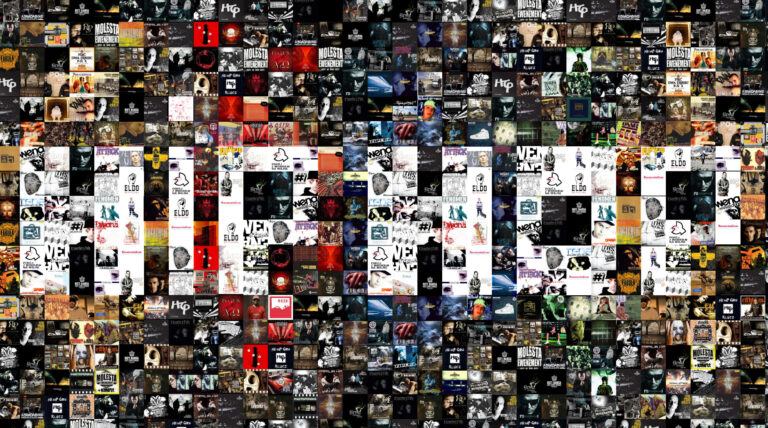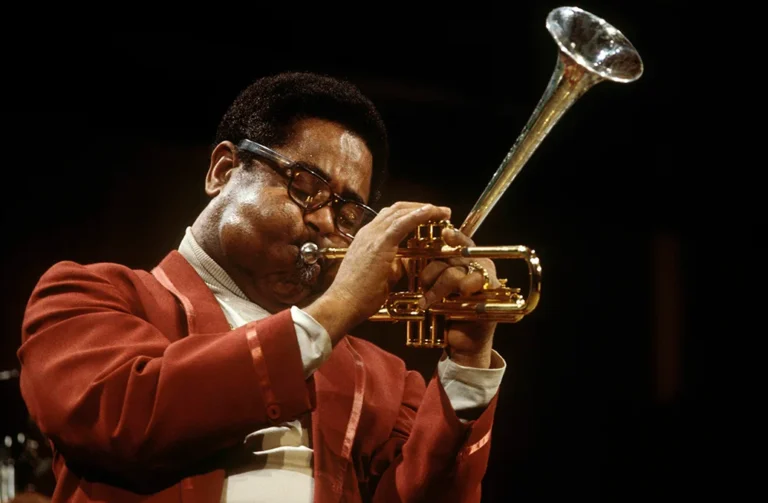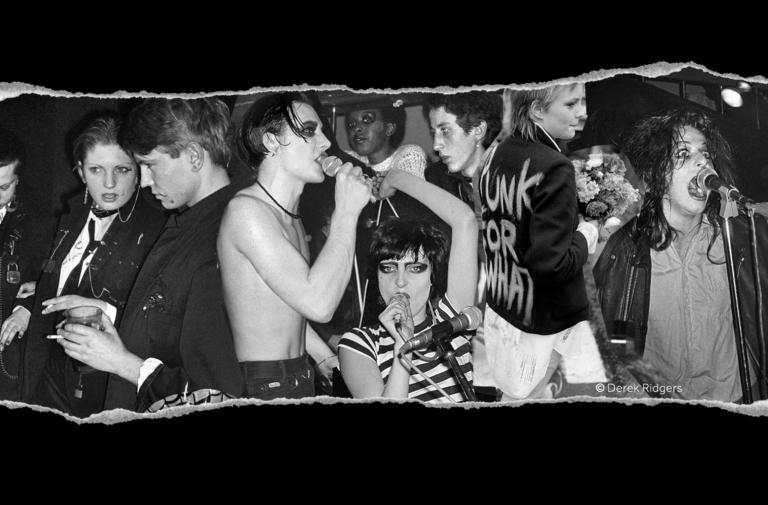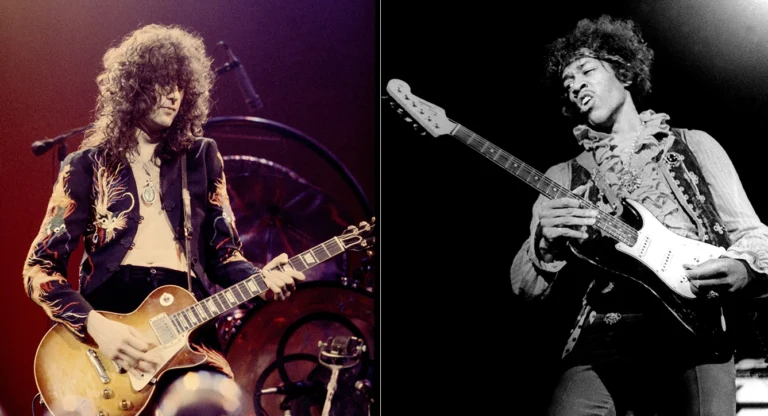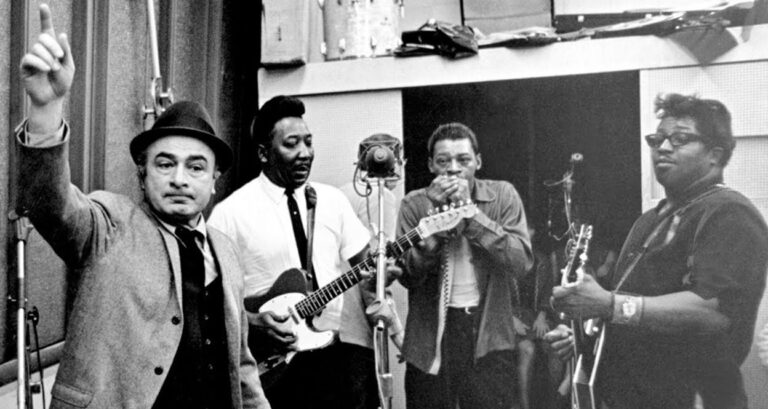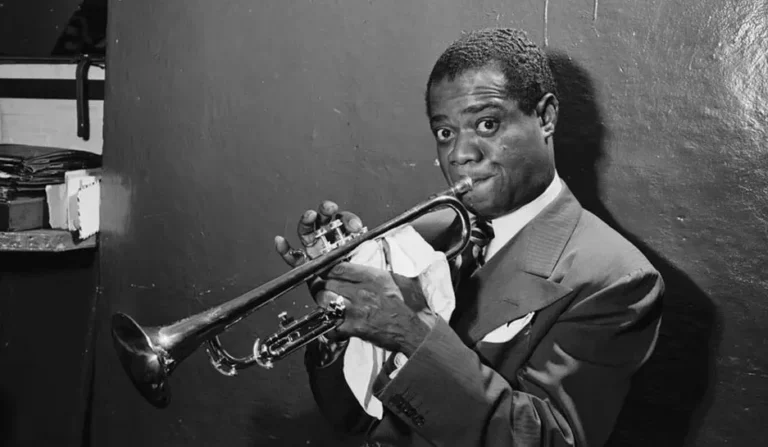What is the most important brass instrument used in jazz?
Jazz music is known for its soulful and improvisational melodies that can transport listeners to another world. While every instrument has a vital role in creating the unique sound of jazz, brass instruments play an essential part in bringing this genre to life. From trumpets to trombones, each one adds a distinct flavor to jazz music that cannot be replicated by any other kind of instrument. In this blog post, we’ll explore which brass instrument holds the most significant importance in jazz music and why it’s so crucial to the genre’s overall sound. So sit back, relax, and let’s dive into the wonderful world of jazz brass!
Trumpet
When it comes to jazz music, the trumpet is undoubtedly one of the most crucial brass instruments. It’s believed that no other instrument can replicate the sound and style of a trumpet in jazz. The trumpet has been used extensively throughout jazz history by some of the genre’s most famous musicians.
The reason why trumpets are so important in jazz music is due to their unique capabilities. Trumpets can produce bright, powerful sounds that cut through even the loudest ensemble. They’re also incredibly versatile, allowing players to create both soft and mellow tones or bold and brassy ones depending on what’s needed for a particular piece.
Furthermore, playing a trumpet requires immense skill and technique. Jazz trumpeters must be able to improvise and play with emotion while maintaining control over their tone quality and intonation. These factors make it challenging for any musician to master this instrument fully.
When you listen to classic jazz pieces from legends like Louis Armstrong or Miles Davis, you’ll hear just how essential trumpets are in creating that unforgettable sound that defines this genre today.
Trombone
When it comes to brass instruments in Jazz, the trombone is often considered one of the most important. A unique characteristic of the trombone is its ability to create a wide range of sounds and styles, from smooth legato lines to punchy staccato notes.
One reason why the trombone is so versatile in Jazz music is due to its slide. Unlike other brass instruments that use valves, the slide allows for more fluid movement between notes and greater flexibility in creating various tones.
In addition to its technical capabilities, many famous Jazz musicians have made their mark with memorable solos on the trombone. Names like J.
J. Johnson and Frank Rosolino come to mind as pioneers who helped define what was possible on this instrument.
The sound of a well-played trombone can add depth and richness to any jazz ensemble. Its ability to blend seamlessly with other horns or stand out during a solo make it an essential part of any big band or small combo group.
There’s no doubt that when it comes down to picking just one important brass instrument used in Jazz, the trombone would certainly be a top contender.
French Horn
When it comes to jazz music, the French Horn is not typically the first brass instrument that comes to mind. However, this unique and versatile instrument has played an important role in many jazz compositions.
The sound of the French Horn adds a richness and depth to jazz arrangements that cannot be replicated by any other brass instrument. It produces a warm and mellow tone that can range from soft whispers to powerful blasts. The horn also offers incredible flexibility in terms of pitch and dynamics, making it an excellent choice for improvisation.
French Horn players bring a unique perspective to jazz ensembles due to their classical training. They are often skilled at reading sheet music and have experience playing in orchestras or chamber groups before transitioning into the world of jazz. This background allows them to bring a different level of musicianship and technical skill to their performances.
While not as commonly featured as other brass instruments like trumpet or trombone, the French Horn still holds its own when it comes to adding depth and texture to jazz compositions. So next time you’re listening to your favorite jazz tune, pay attention – you just might hear the subtle yet impactful sounds of the French Horn!
Euphonium
The Euphonium is a brass instrument that belongs to the tuba family, and it’s often overlooked in jazz music. However, this versatile instrument has been used by many famous musicians such as John Coltrane and Maynard Ferguson.
With its rich tone and ability to play both low and high notes with ease, the euphonium adds depth and complexity to any jazz ensemble. It can be played as a lead or supporting melody line, adding texture to the overall sound of the group.
One of the most unique aspects of the euphonium is its use in jazz ballads. Its mellow yet powerful sound creates an intimate atmosphere that draws listeners in. Additionally, its range allows for dynamic expression when playing emotional solos or duets.
Despite being less prominent than other brass instruments like trumpet or trombone in jazz music, there are plenty of talented performers who have made great contributions using their euphoniums. The euphonium may not always steal the show, but it certainly has a place in any well-rounded jazz ensemble.
Others
While the trumpet and trombone are often considered the most important brass instruments in jazz, all of these instruments play a crucial role in creating the unique sound that defines this genre. French horns bring depth and richness to orchestras, euphoniums provide a smooth tone for harmonies and melodies, and other brass instruments add their own distinct flavor to jazz music.
It’s worth noting that there is no one “right” answer to which instrument is the most important in jazz; it ultimately depends on personal preference and context. That being said, if you’re looking for an iconic sound that has become synonymous with jazz music throughout history, then you can’t go wrong with either the trumpet or trombone.
Ultimately, what matters most is finding an instrument that speaks to your unique musical style and allows you to express yourself fully as a musician. So whether you choose one of these classic brass instruments or decide to explore some of the lesser-known options out there, we hope this guide has provided some helpful insights into what makes each one so special!
